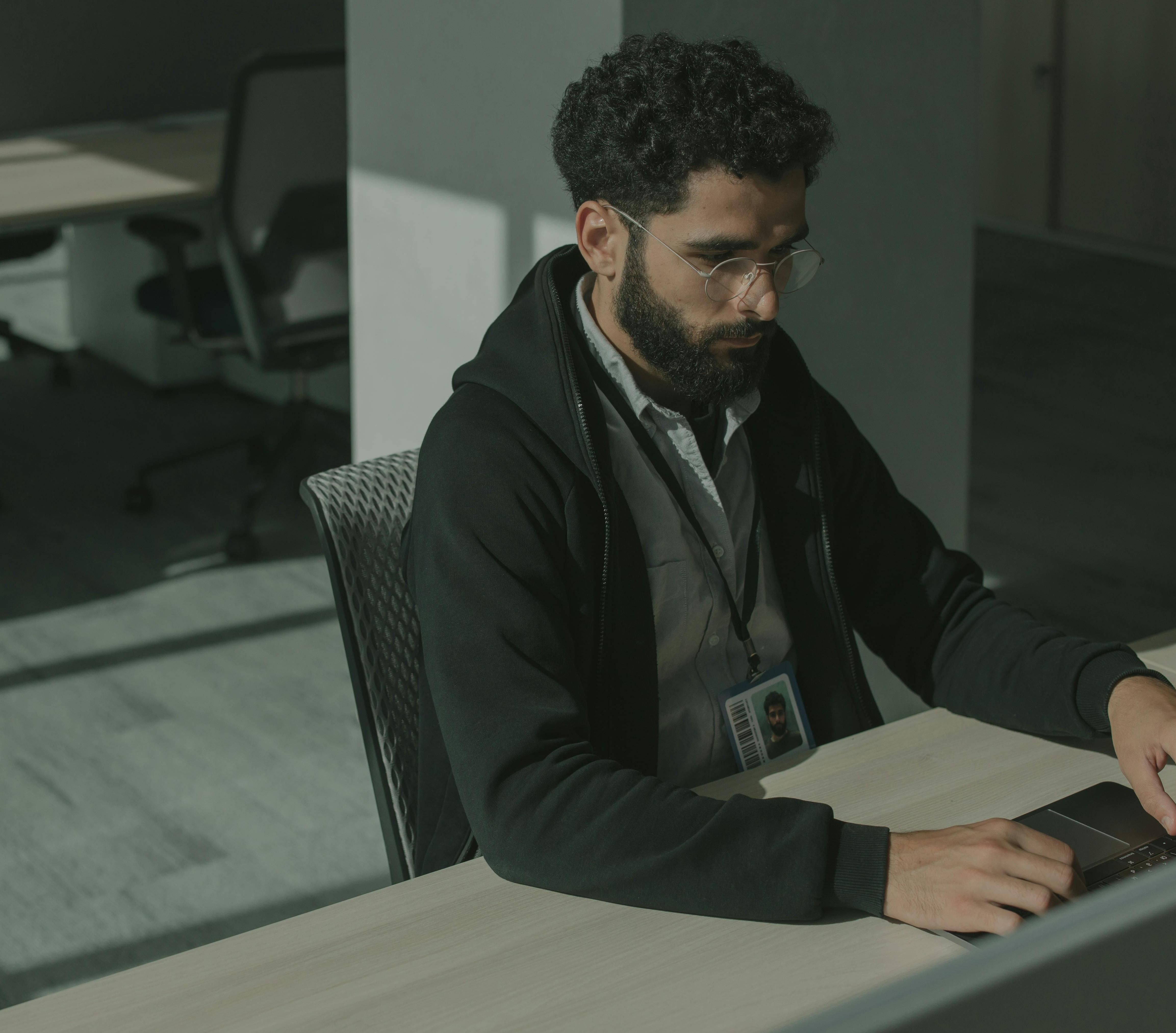It is with great enthusiasm I’m announcing a call for participants for an upcoming research study, which I am conducting for my Masters thesis at Royal Roads University. Currently the thesis is entitled, “What impact can executive coaching have in mitigating burnout for cybersecurity professionals?” The study will commence in September 2024 and is expected to be complete by Spring 2025 (or sooner!).



Background
As I mentioned in a previous post, the research topic was born from the emerging evidence of burnout in the cybersecurity profession as show in the 2020 Nominet cybersecurity report, called CISO Stress: Life Inside the Perimeter: One Year On, and Vectra.ai’s research report, Are Cybersecurity Teams at a Breaking Point? along with other (and numerous) articles, TEDTalks, and podcasts, which are raising the alarm.
Why participate? The philosophical underpinning
My belief is that the presence of executive coaching in the lives of cybersecurity professionals may foster a connection to their ability to better manage the inherent stressors of their role and job environment, and subsequently remain in their roles. Without addressing the need for support for cyber-responders, the risk to the technologies and systems in which we have come to rely on may become even greater. By volunteering to be part of this research, you are helping to create deeper knowledge about your professional challenges, sending a message to the world about the support that may needed for your profession. This research has the potential to ignite future initiatives to create more standardized care for you and your peers. Your participation in this study matters – together, we can illuminate the importance of managing burnout in your profession.
The study groups
It is my hope to study between 30-50 individuals, who fall into two comparative groups: 1) half of those who currently receive (or have received) executive coaching on a consistent basis in their cybersecurity role, and 2) the other half who do not receive (or have not received) executive coaching in their cybersecurity role1 (Please see the footnote below: definition of executive coaching for the purposes of this study).



The participants
I am seeking a cross-section of participants, who have a minimum work experience of 7 years in the IT and cybersecurity profession, and who may be in positions of leadership within their organization – manager, director, vice-president, or chief information security officer (CISO). However, individuals are not required to be in positions of leadership/management, and may hold other roles, such as incident manager, security operations centre analyst (SOC analyst), security engineer, threat hunter, etc. The intention is to study individuals who work in highly frenetic environments, in which the organization is under frequent attack from bad actors.
The study participants may work within medium to large enterprises from a range of organizations such as financial institutions, manufacturing, utilities, government, education, technology, and transportation, etc.. Participants may also work in managed security services or may be deeply embedded consultants. Their main professional focus is the protection of organizational assets (digital/virtual infrastructure, digital/virtual properties, and systems operations, etc.).
Anonymity and confidentiality
All personal information (PI) and personal identifiable information (PII) will not be included nor published in the thesis, including the name of your organization, and will only be used for the purposes of correspondence between myself and each participant. The only information that will be requested and included in aggregate form for analysis (and may be highlighted in the publication of the thesis, if considered relevant) is:
- Job title/role in organization
- Years in cybersecurity profession
- Size of organization (employee population)
- Geography of organization
The study methodology and your time
The core data collection should not take more than two (2) hours of your time (3 hours if you choose the additional option). The study methodology will consist of three elements for data collection and analysis:
- the Emotional Quotient-Inventory 2.0® (EQ-i 2.0)assessment (20 minutes), which will be conducted online. I will be provided the aggregate data only from the licensor, Multi-Health Systems.
- Additional option: If you wish to receive an EQ-i 2.0 official report, you may request this at the beginning of the study at your own cost of $115 (Canadian), which will be accompanied by a free interpretation/debrief will be delivered each individual privately via audio/video conference via a secure/password-protected link (which will take an additional 1 hour of your time);
- a survey (10-20 minutes), which will be delivered and collected electronically;
- an interview (approximately 45-60-minute) on a securely recorded and transcribed audio/video interview (participants are not required to be on-screen during the recording).
Withdraw from the study
If you consent to participation, you may withdraw from the study at each stage. You will be provided the steps for withdraw in your official letter and consent form.
What’s next
I hope you are as excited as I am! As a volunteer in this study, you are helping to create important knowledge and educate the world. If you are interested in supporting this important research, please email me at kathryn.dupont@royalroads.ca and I will send all the necessary documents to participate in this research.
- Executive coaching, in the case of this research study, is defined by the practice of either a one-to-one or a one-to-many relationship (team or group), where the goal of the coach is to support the client/coachee in the improvement of their work performance. This can include supporting individuals and teams in helping identify thoughts/beliefs, emotions, actions, and behaviours that are creating or perpetuating negative outcomes; encouraging clients to commit to deeper introspection and mindfulness about their challenges and their self-efficacy in resolving current challenges; and focusing on solutions and forward-looking actions to support performance improvement. For the purposes of this study, participants who receive Executive Coaching are individuals who participate in executive coaching services on a regular basis (weekly, bi-weekly, or monthly), and may include either individual or group/team coaching. ↩︎

